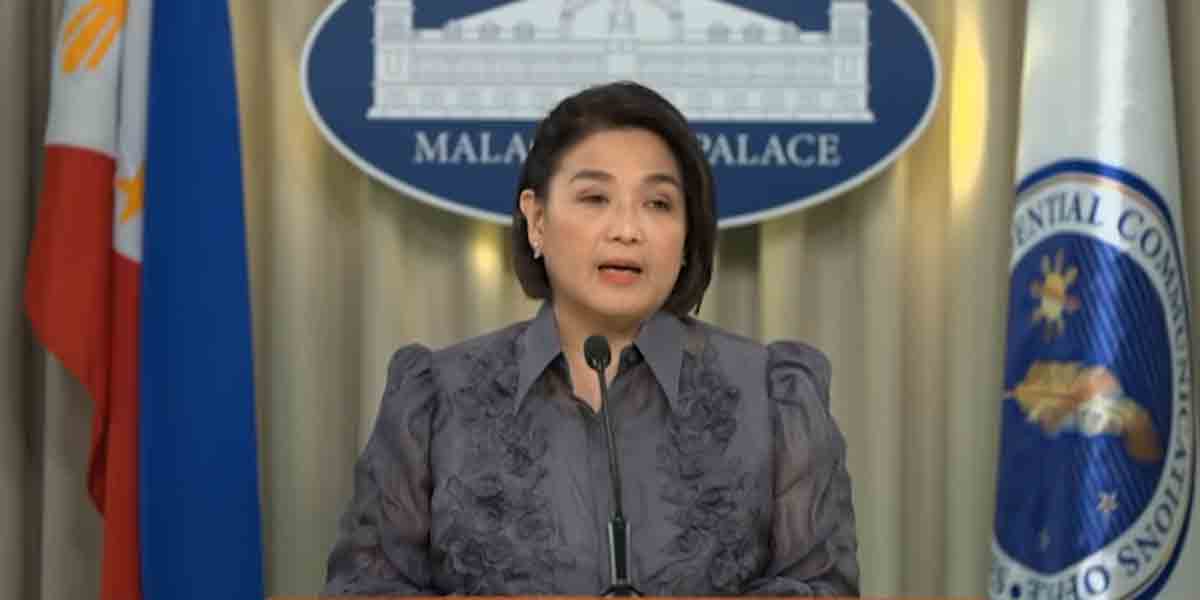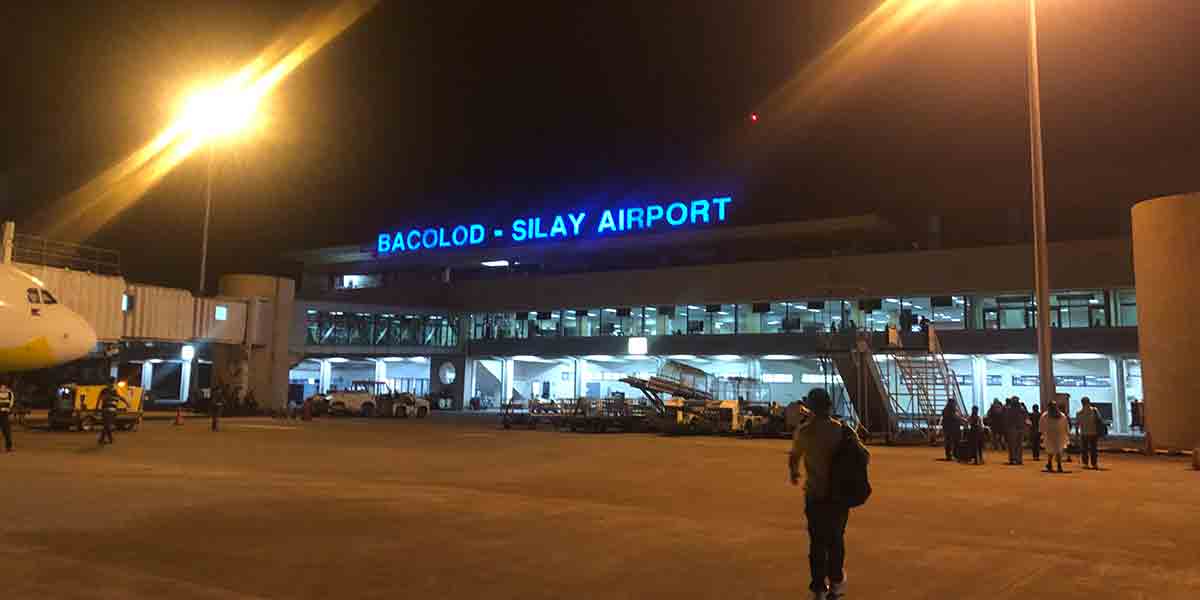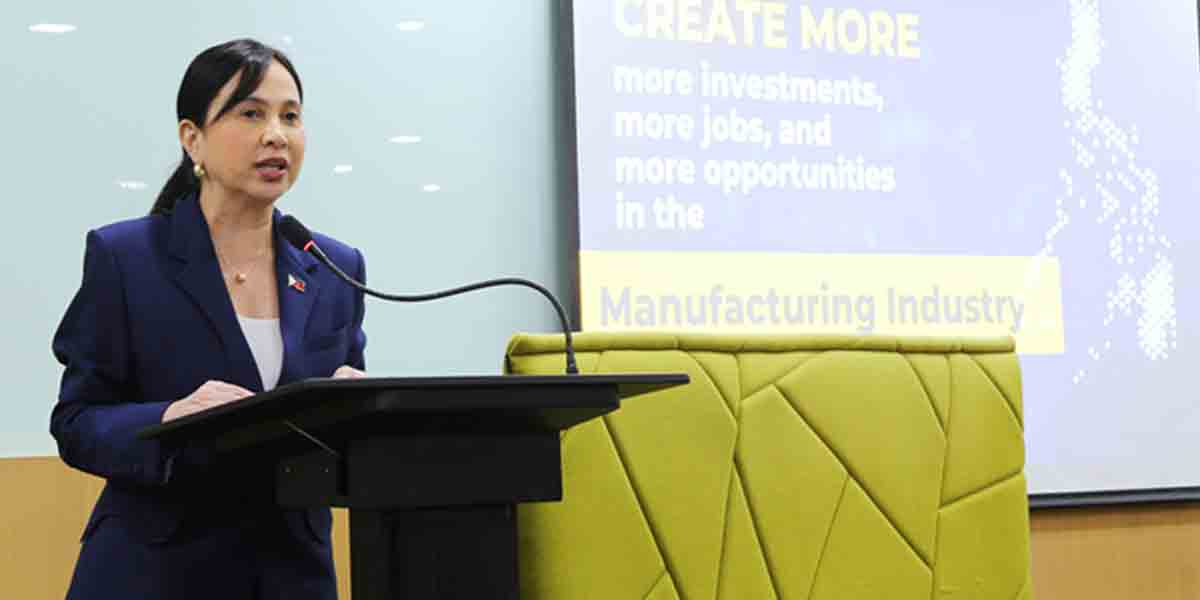For the second straight year, Iloilo City has fallen short of earning the Seal of Good Local Governance (SGLG), a recognition that reflects exceptional governance practices among local government units.
This outcome is disappointing for a city that prides itself on being a model for development and progress.
The Department of the Interior and Local Government (DILG) attributed the city’s failure to a single unmet indicator: disbursing 100 percent of its development funds by the end of the year.
Despite meeting other criteria, this gap cost the city the prestigious seal.
While the city appealed for a more lenient interpretation of fund disbursement rules, such as accepting “obligated” funds as compliance, the Bureau of Local Government Finance (BLGF) stood firm, a decision that underscores the importance of timely fund utilization.
The explanation that contractors delayed billing and documentation due to procedural issues is understandable, yet it raises questions about systemic efficiency or the lack of it.
While logistical challenges are a plausible explanation, insinuations that contractors strategically avoid collecting payments in November or December to sidestep “holiday solicitations” cast a shadow of doubt and invite scrutiny.
Such claims reflect poorly on both the contractors and any individuals accused of exploiting the season for personal gain but would be very hard to verify despite persistent stories. These allegations, whether substantiated or speculative, tarnish perceptions of integrity within the system.
At the heart of this issue is the need for smoother coordination between the city government and its contractors.
Contractors, for their part, must be earnestly reminded of the importance of processing their billings promptly.
The city government, meanwhile, must ensure that payment processes are streamlined and free of unnecessary snags.
Perhaps a practical step forward is to establish a proactive notification system to remind contractors to collect their checks well before deadlines.
This system should guarantee that payments are ready for release without undue hassle.
Equally critical is fostering accountability within the government to address internal bottlenecks.
While the city can take pride in its achievements in other governance aspects, the inability to secure the SGLG speaks to an area that needs urgent attention.
The benefits of the SGLG, including the additional funding it unlocks for local projects, are too valuable to miss.
As the city contemplates its path forward, it must acknowledge that restoring its status as a model of governance requires both introspection and innovation.
Achieving the SGLG again will demand not only procedural reforms but also a reinvigorated commitment to excellence.






















